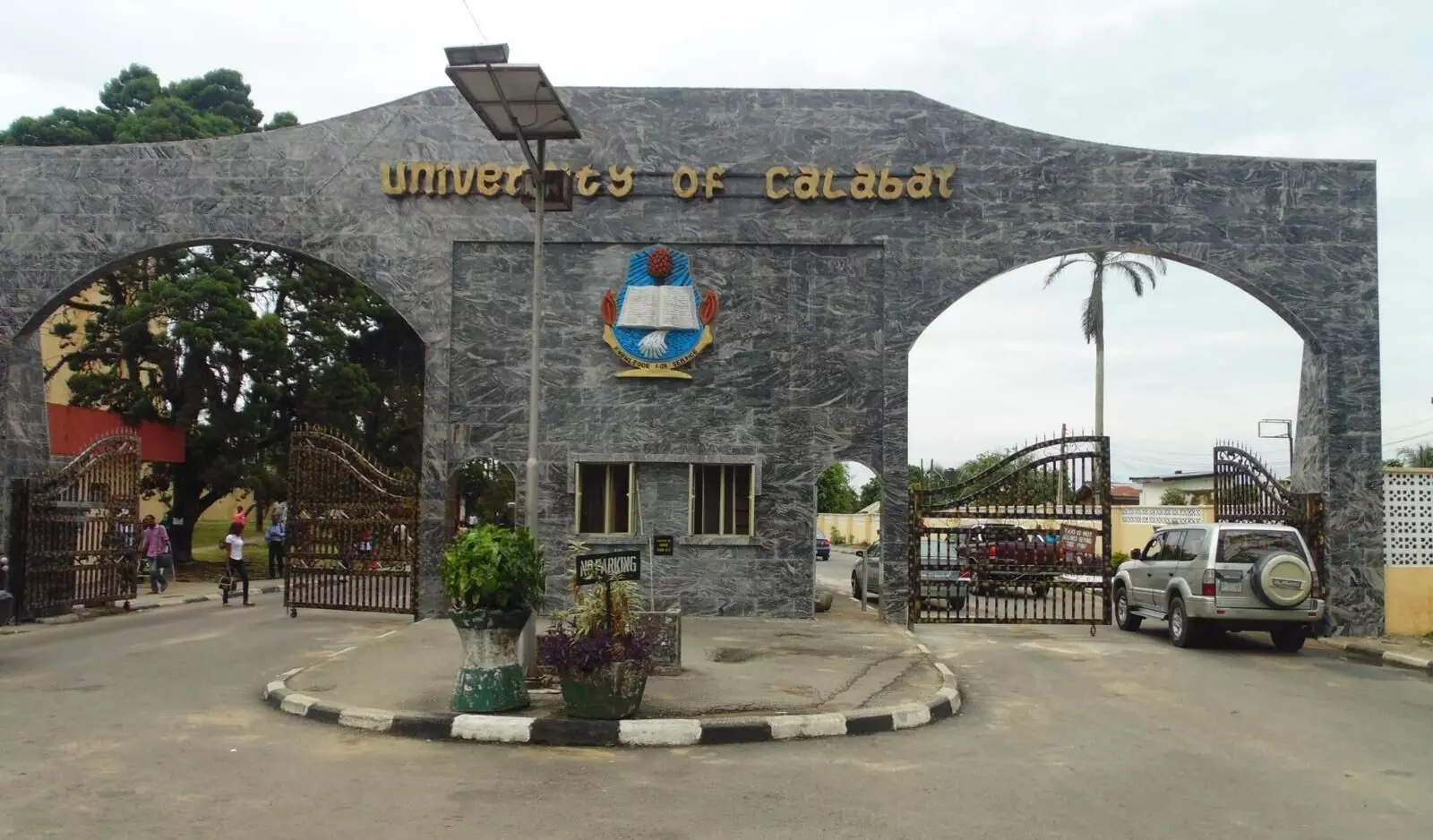
Prof. Emmanuel Etta-Ekuri, a lecturer at the University of Calabar says research can impact the world and shape lives.
Etta-Ekuri, a Professor of Educational Measurement, said this on Monday in Calabar, while making a presentation at the institution's 106th Inaugural Lecture.
The academic spoke on the topic: "Trouble in the Research Sphere: Smoothening Bumpy Paths and Building Bridges''.
Describing the world of research as 'exciting', the lecturer said research could shape lives by influencing political decisions, changing public opinions, as well as revolutionising practices in key sectors of developments, including but not limited to education.
According to him, research findings can only be used as input to national development policy if researchers and policymakers cooperate closely to understand specific needs.
He added that the excitement in the research world could be actualised by smoothening the 'bumpy paths and building bridges' through the adoption of best global practices with cognisance to our socio-cultural peculiarities.
Etta-Ekuri, however, urged researchers to see research as both fun and a way of life, and not just as an academic endeavour to earn promotions and certificates.
"The whole essence of research is to generate new knowledge and apply such knowledge to solving societal problems, but when research falls short of this imperative, humanity's desire for transformation and development becomes a mirage.
"This happens mostly because research is carried out mostly to fulfill the requirements of certification or promotion from one cadre to another.
"A high percentage of university lecturers have poor research orientation because their research efforts and publications were more for promotion purposes and less for finding solutions to immediate existential problems.
"Over the years, concerns have been expressed over poorly conceived research designs, contributing to faulty conclusions and misinforming policy-makers and other research users,'' he said.
He noted that it was the ethical corporate social responsibility of researchers to impact society positively.
The academic charged researchers to focus on genuine problems that need attention, adding that that innovative solutions could solve some social problems as well as expand the frontiers of knowledge in the field of study.
Also speaking, Prof. Florence Obi, the Vice-Chancellor of the institution and Chairman of the occasion, described the inaugural lecture as an 'academic debt' every professor must pay.
She encouraged professors to deliver their inaugural lectures as and when due and not wait till the time of retirement.
Obi, who described research as the 'life wire' of tertiary institutions, commended the inaugural lecturer for contributing to knowledge.
She said that without research, no meaningful progress could be achieved in the tertiary education sub-sector, and urged academics to see research as a tool for development rather than a criterion for promotion.



